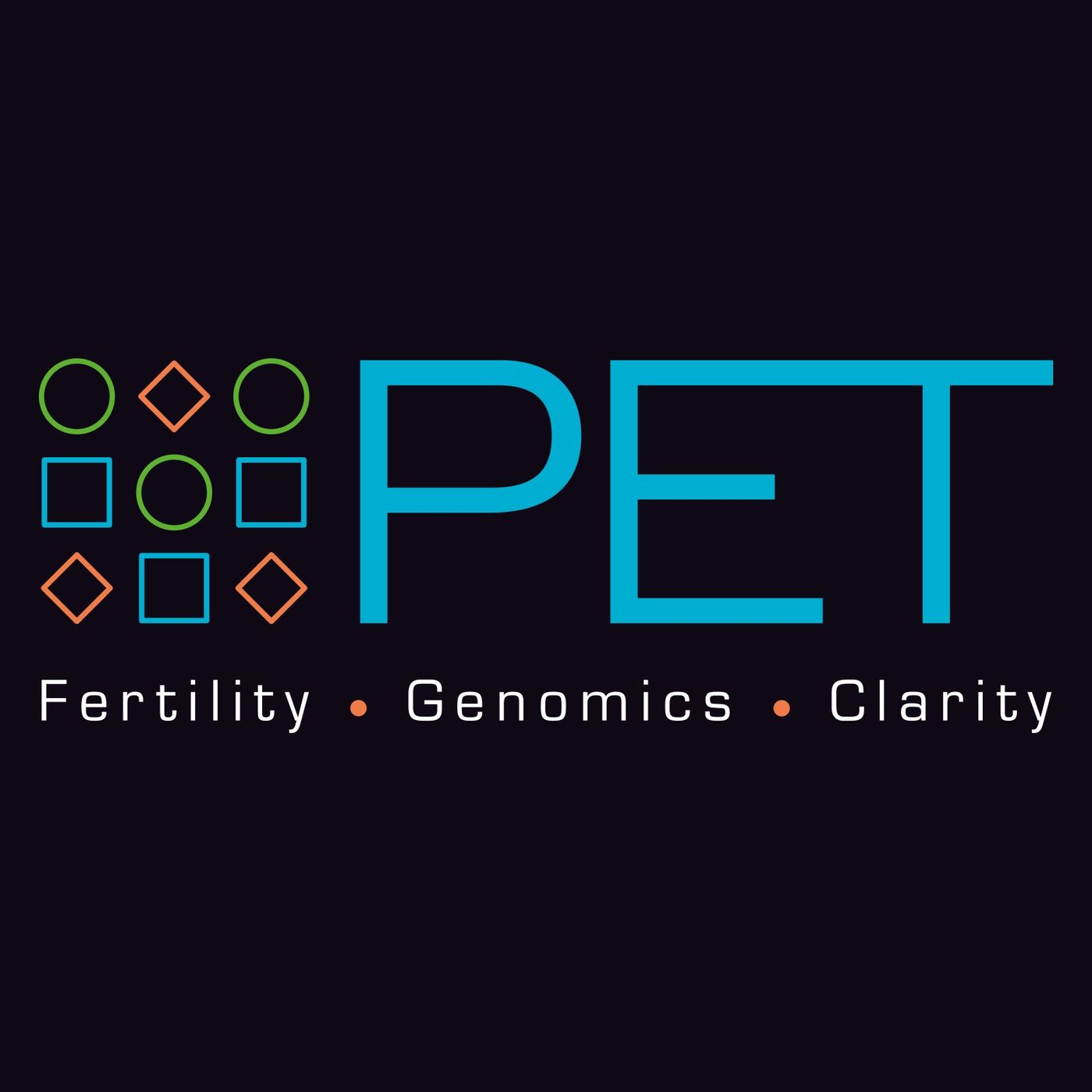Counselling and Assisted Reproduction: When, Why and by Whom Should It Be Offered?
Description
This episode of the Progress Educational Trust (PET) podcast discusses different types of counselling that are sought, offered, recommended or required in relation to fertility treatment, gamete donation, and assisted conception more broadly.
The discussion is chaired by Sarah Norcross (Director of PET), with contributions from:
⚫ Alison McTavish (Member of the Human Fertilisation and Embryology Authority)
⚫ Angela Park (Fertility Counsellor at Aberdeen Fertility Centre)
⚫ Lee Noquet (Egg Donor Coordinator at the Edinburgh Fertility Centre)
⚫ Professor Jacky Boivin (Professor of Health Psychology at Cardiff University)
Different types of counselling may be sought, offered, recommended or required in relation to assisted conception. The language around such counselling can sometimes be confusing, leading to mismatched expectations of what counselling entails and who is best placed to deliver or facilitate it.
Of particular importance are distinctions between:
⚫ Information counselling – This involves the provision of medical information. Under UK regulation, such counselling must be provided in order for a fertility patient's consent to be valid. This sort of counselling would usually be provided by a member of the medical team.
⚫ Therapeutic counselling – This involves helping a person deal with (current, future or potential) challenges, decisions, difficulties, distress or emotions. Under UK regulation, such counselling is not required in order for consent to be valid (indeed, it is an important principle that such counselling is voluntary). The content and outcome of such counselling is usually confidential.
⚫ Implications counselling – This involves the provision or clarification of information about the implications of treatment or donation, and also involves exploring these implications. This has fallen into a grey area. Who is qualified to deliver such counselling? Is such counselling necessary, in order for consent to be valid? Does it, or can it, include a therapeutic element?
PET is grateful to the Scottish Government for supporting this discussion.
PET is also grateful to Jon Nicoll, who created the opening and closing music for its podcast.
Register at https://www.progress.org.uk/events/upcoming-events/ for upcoming PET events.
More Episodes
This episode of the Progress Educational Trust (PET) podcast discusses the Generation Study – an NHS-embedded research study which is sequencing the whole genomes of 100,000 newborn babies, in order to understand whether we can improve our ability to diagnose and treat genetic conditions.
The...
Published 11/01/24
Published 11/01/24
This episode of the Progress Educational Trust (PET) podcast discusses the use of artworks to improve understanding and advance knowledge of the causes of infertility, and of future prospects for IVF and other assisted reproductive technologies (ART).
The discussion is chaired by Sarah Norcross...
Published 07/29/24


